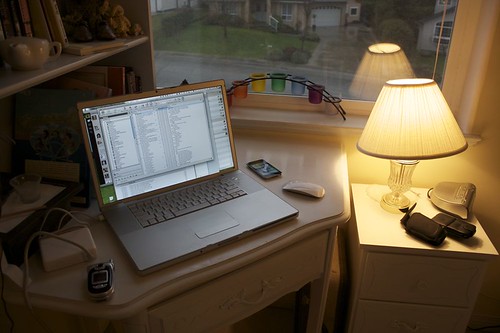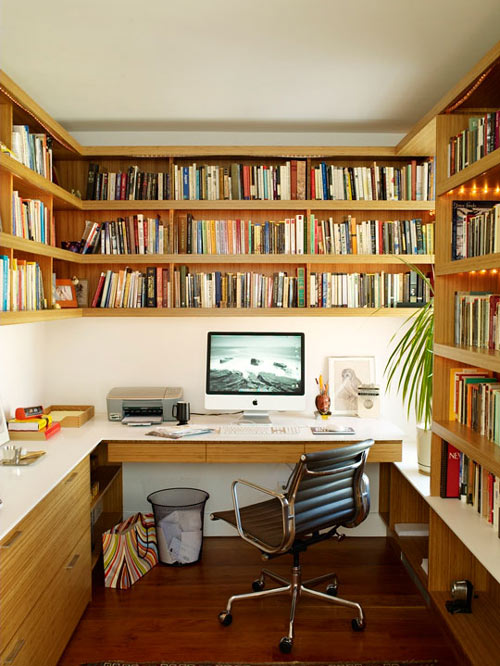If you run a small to medium sized business and need to move to bigger premises because you have outgrown your current office space, there are a few things to consider in making the move a successful one. A good place to start is to make a list of what you love about your current office set up, you can then complete this list by noting everything your staff have always requested or needed. This will be a great starting place to getting an idea of some of the features that your new office space must have. In addition to following this practice, the tips below will help you find that perfect new setting for your business.

1. Think about Convenience
This applies to your staff as well as your customers or clients. Does your new office space need to be in the same area as your existing one or can you provide your services from elsewhere? Your new location will need to answer these questions by accommodating your worker’s commute as well as the people that rely on your services. If your business is location specific and you need to stay in the same area, then finding a bigger space may be easy although being able to look in different areas has the advantage of providing more variety.
2. Building Security and Access
If you are staying local you will already have a good idea of the best places to locate your new offices, but this may be more difficult to ascertain in a new town or city however. The security of your new office building hinges on a number of factors such as location, or whether there are security solutions in place. No one likes to work in an insecure environment so some research on your new location as well as a consideration of your organisation’s level of risk will help in your decision-making.
Your staff requirements will also need to be considered in terms of access to the building. For instance, will you be able to get into the building late at night if your worker’s need 24 hr. access? If you are looking at the options of Office space Belgravia has to offer for example, canvassing similar local business as well as realty experts in that area will provide a wealth of information with which you can use to make an informed decision.
3. Energy Efficiency and Costs
We all need to do our bit to save the environment and most companies now place great emphasis on green initiatives. With buildings and vehicles being the main focus of carbon footprint reduction, a good idea is to choose energy efficient buildings because not only are they better for the environment, they also lower your energy costs!
4. Plan for the Future
You are probably looking for new office space because your business or organisation has outgrown its current location. Therefore, when you choose your new office space, it has to accommodate your business as it stands currently as well as any short term forecasted growth. This approach will save costs and disruptions to your business in the long run as it eliminates the constant need to move.
5. Check the Terms of the Lease Agreement
Finally, when you find a property you are interested in, you will need to understand the specific details of the proposed rental or lease agreement. Check and confirm the length of the lease, compliance with local building and council regulations, as well as the agreed rental amount. Other things to look out for include building maintenance responsibilities, parking space allocation, and all the charges you will be expected to cover. Once you are satisfied, all that will be left to do is to sign the document and get started on your company’s new beginning!



